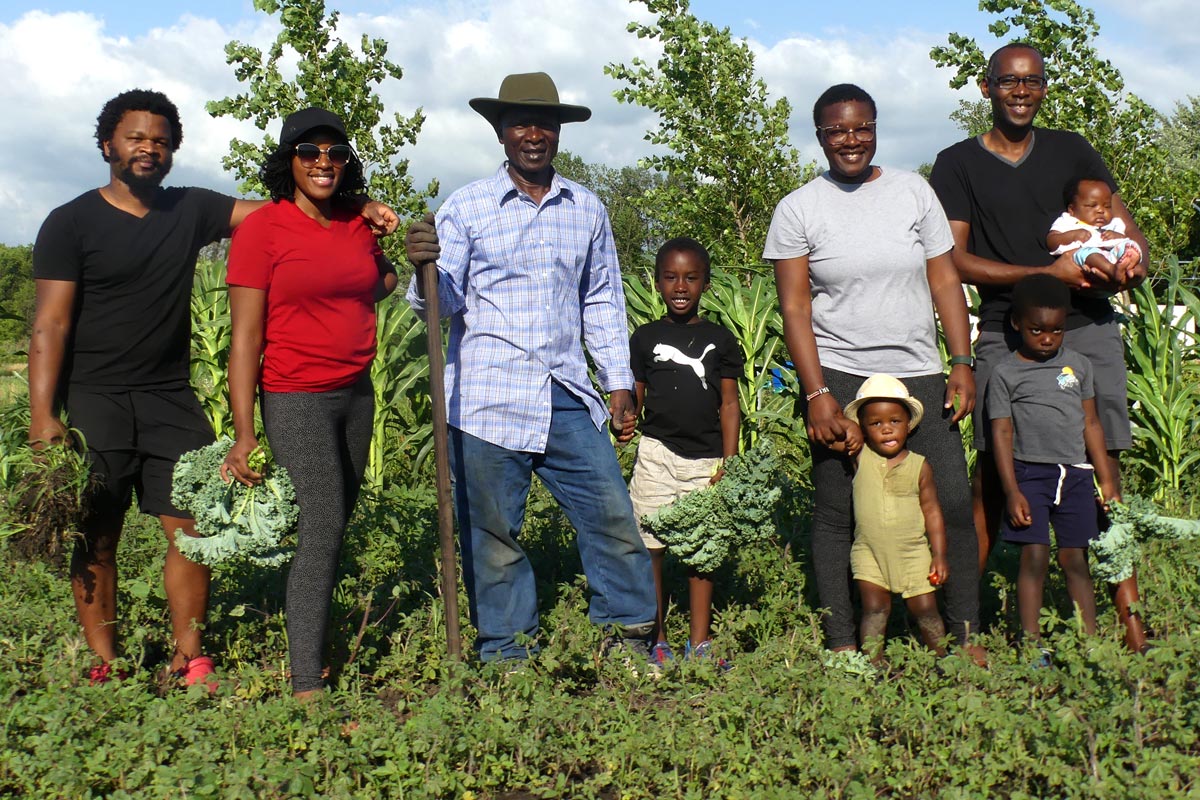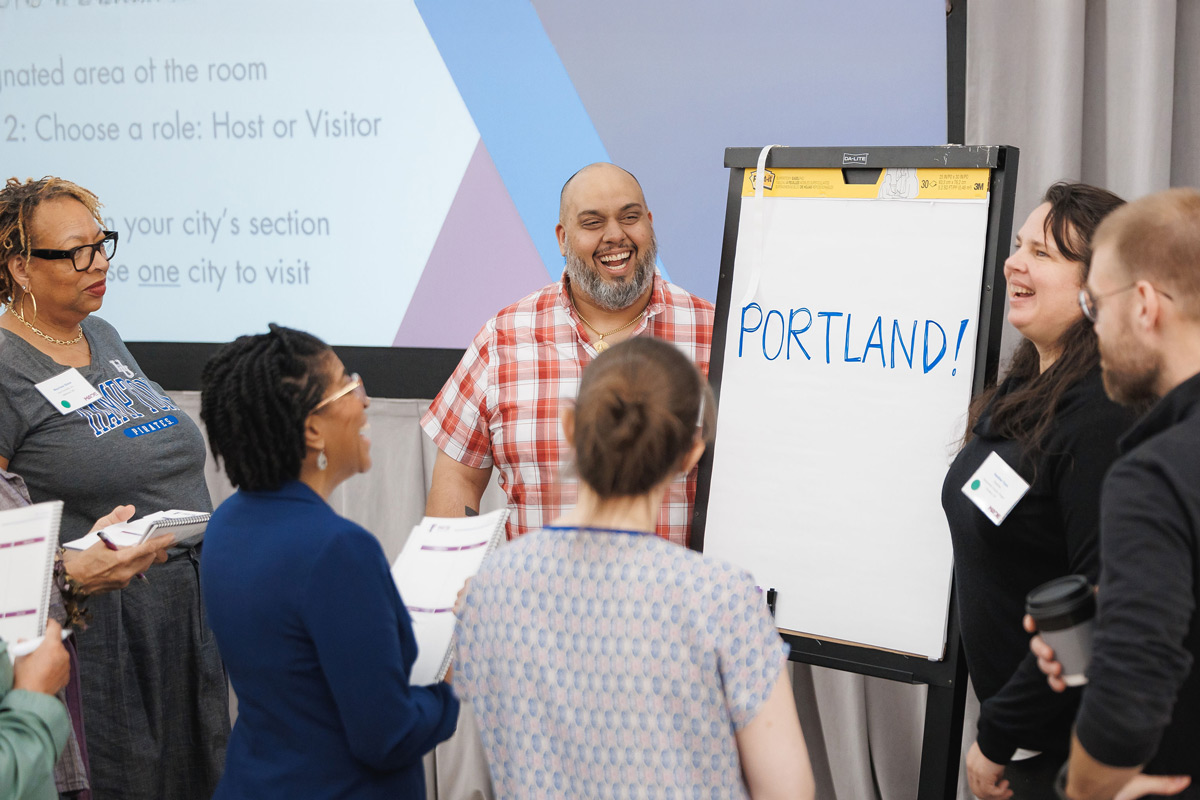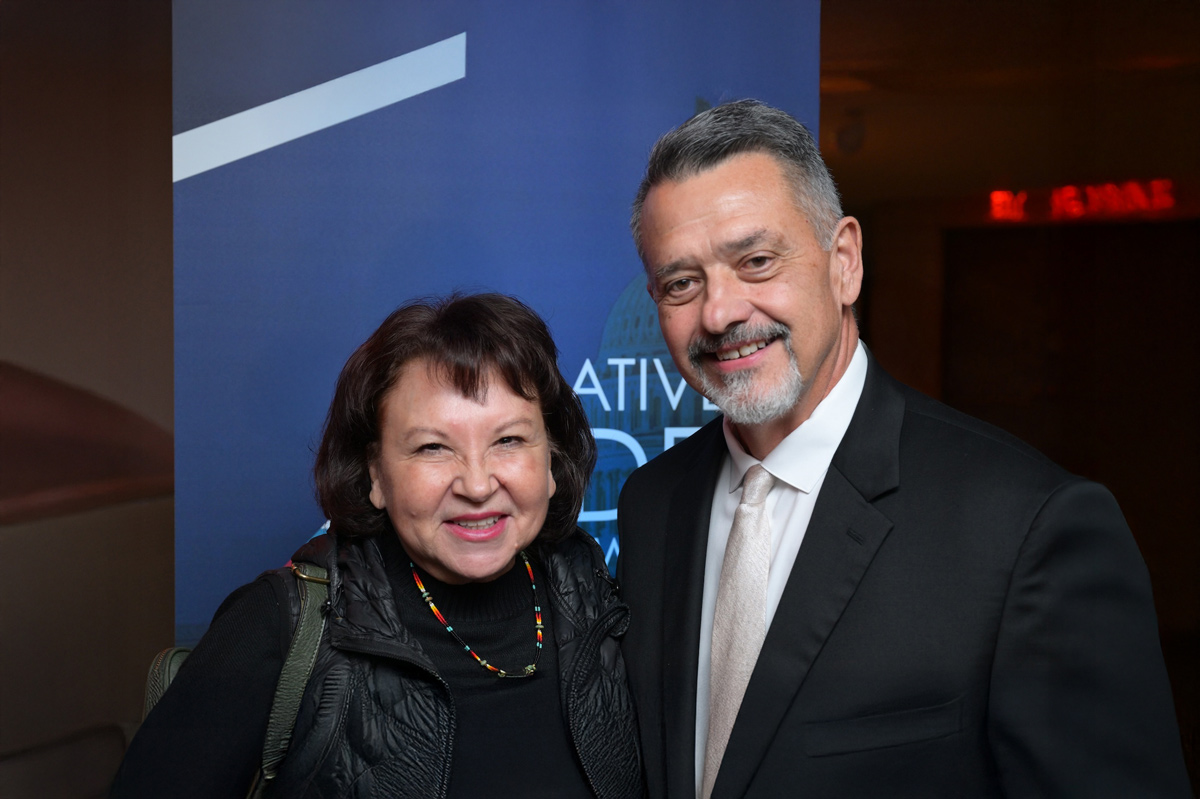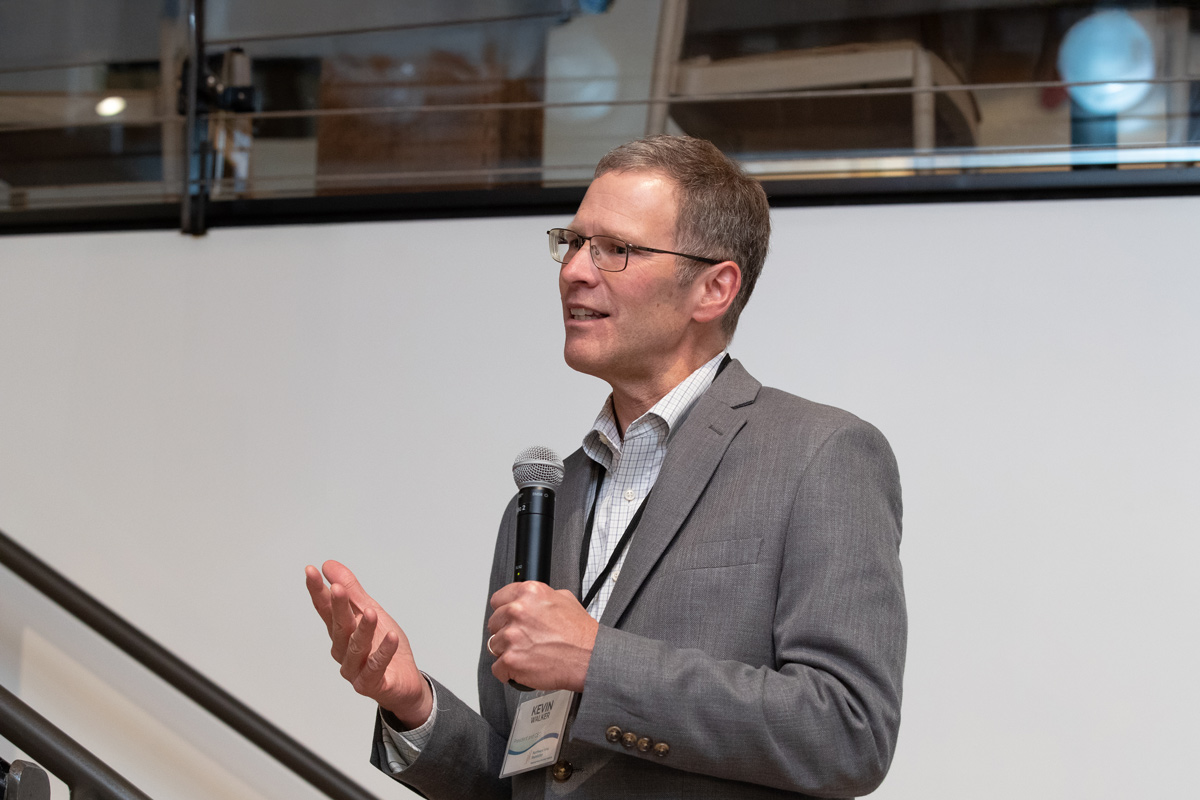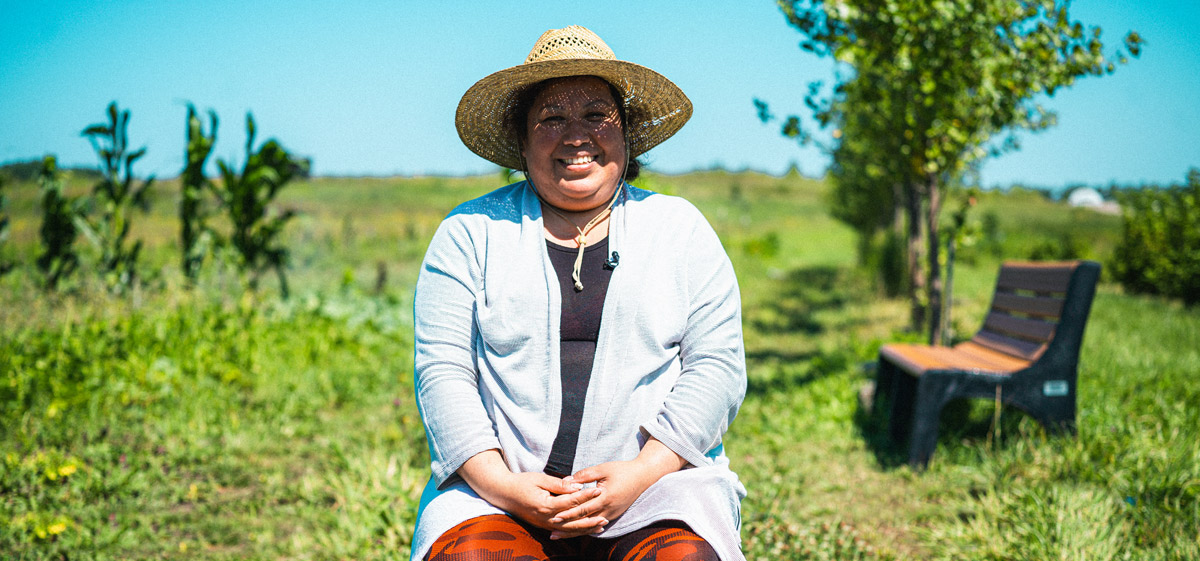
Sharing Our Roots farmer, Araceli Baez. Photo by Uzoma Obasi.
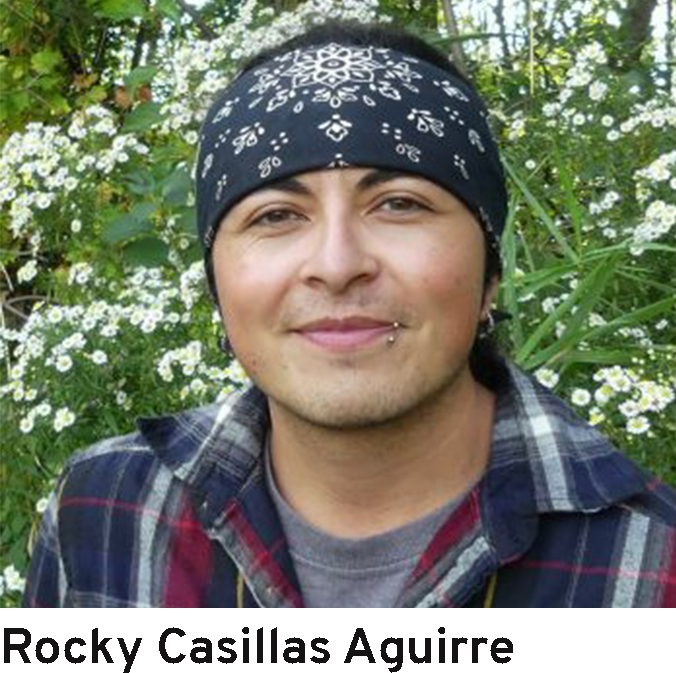
Rural communities aren’t monolithic. Native Americans and communities of color have been living in rural areas for generations and deserve access to the basic resources that sustain all of us, such as food, water, and land. But they’ve been denied access and exploited through current food systems policies and practices and those of past decades and centuries.
Sharing Our Roots farmer and owner of So Below Apothecary, Delanie Harrmann. Video filmed and produced by Uzoma Obasi.
Photo top: Sharing Our Roots farmer, Elkana Abobo (center) and family. Photo courtesy of Sharing Our Roots.

